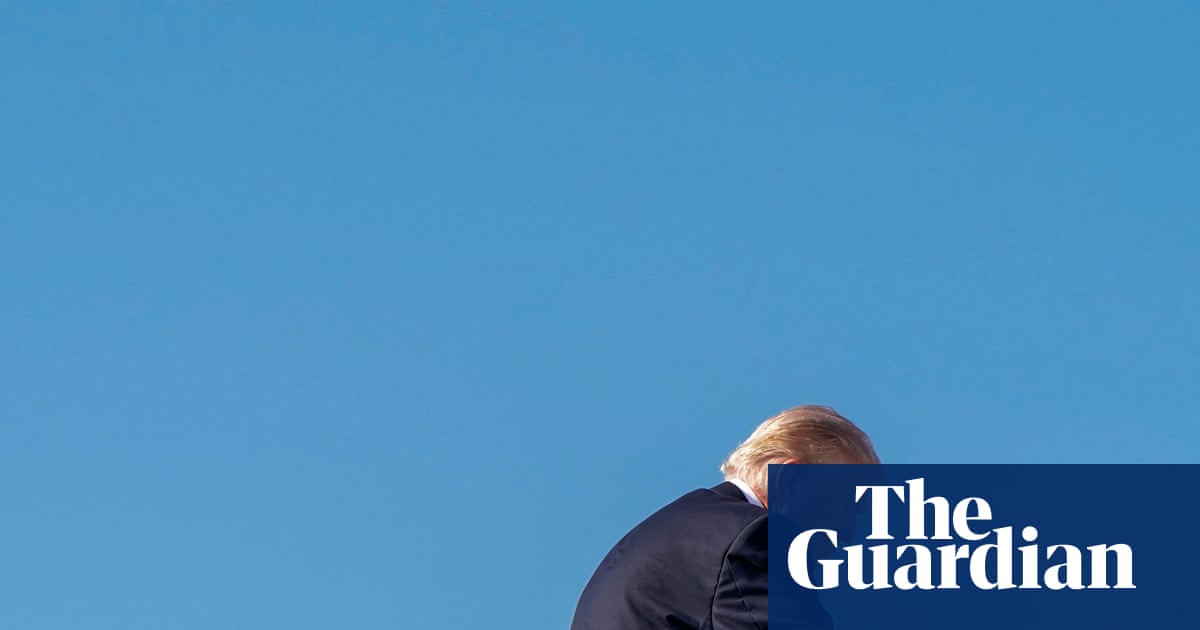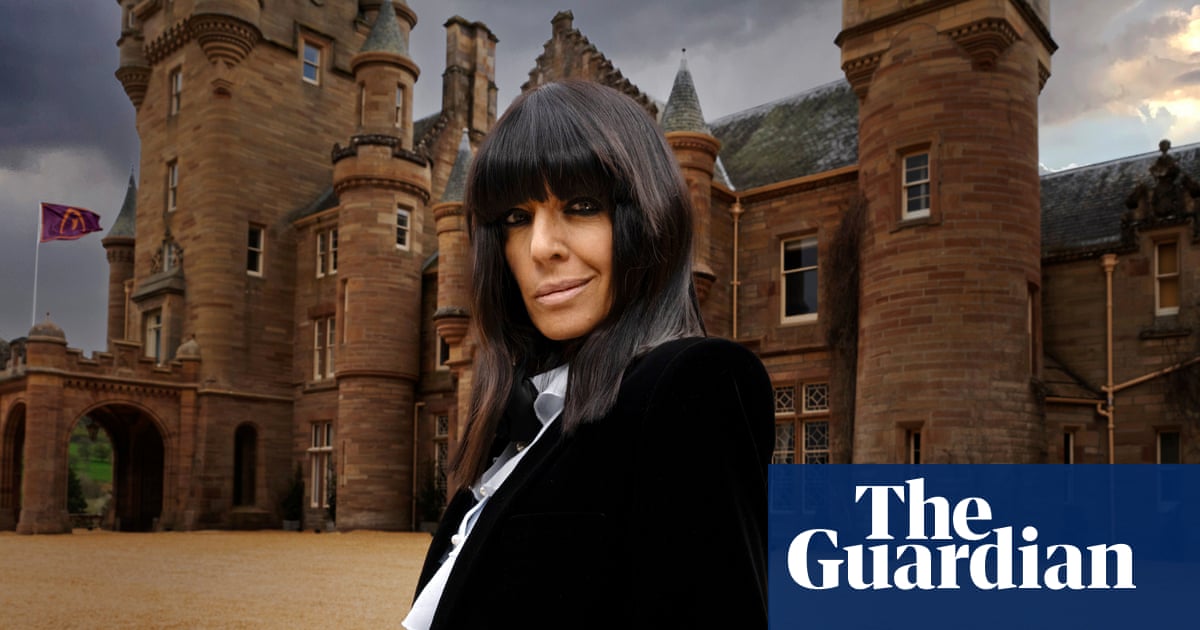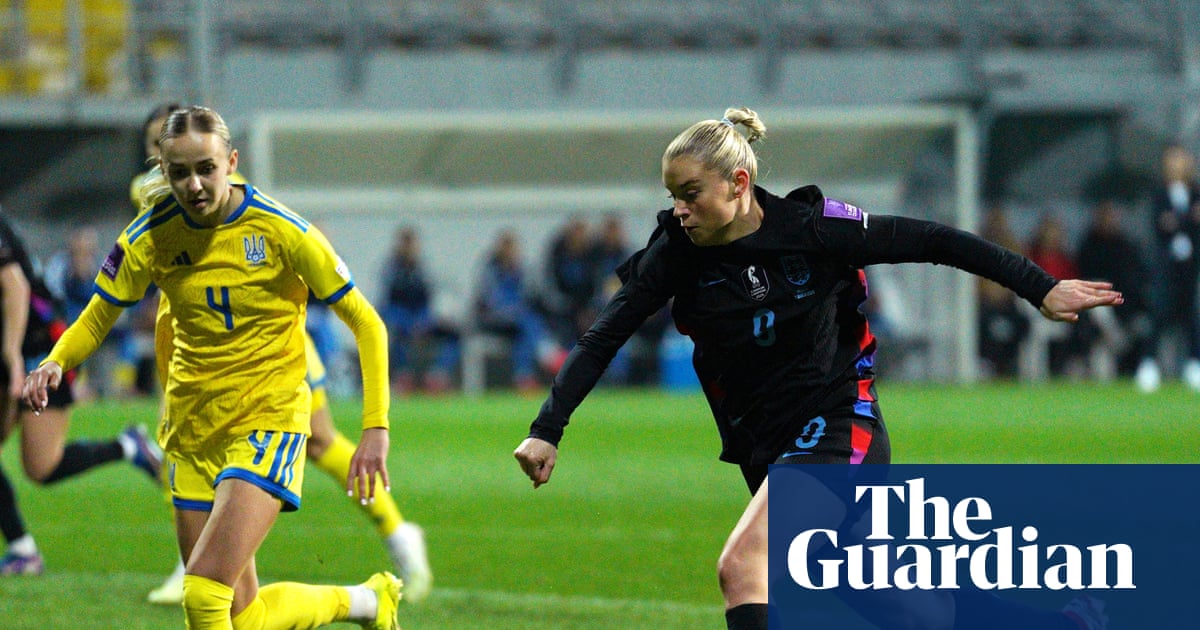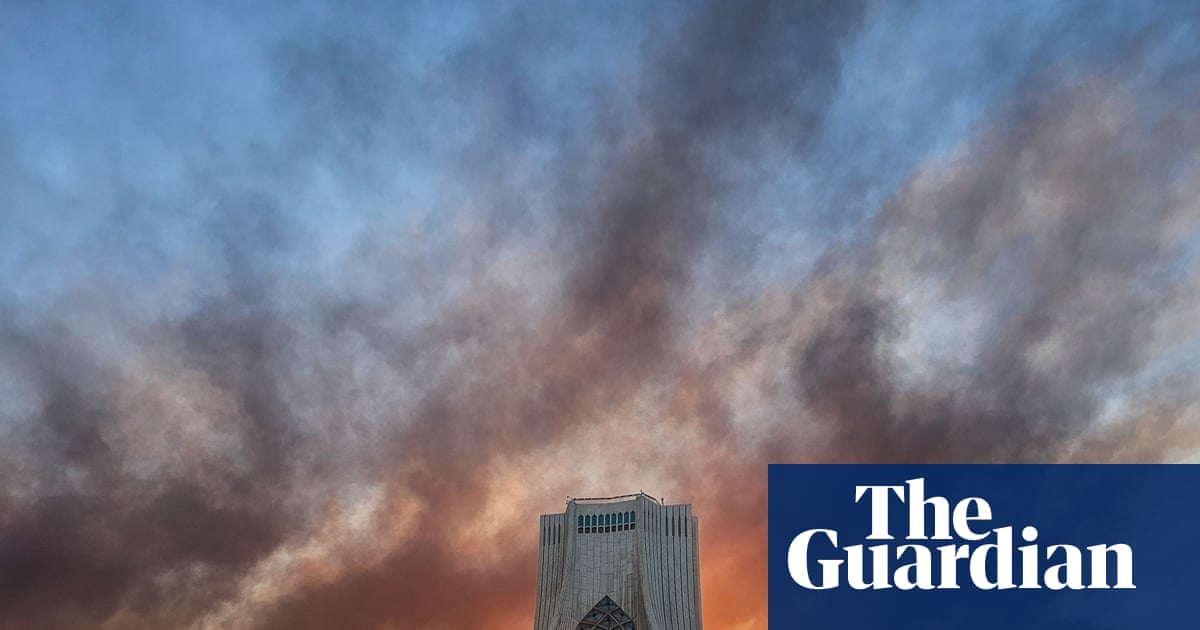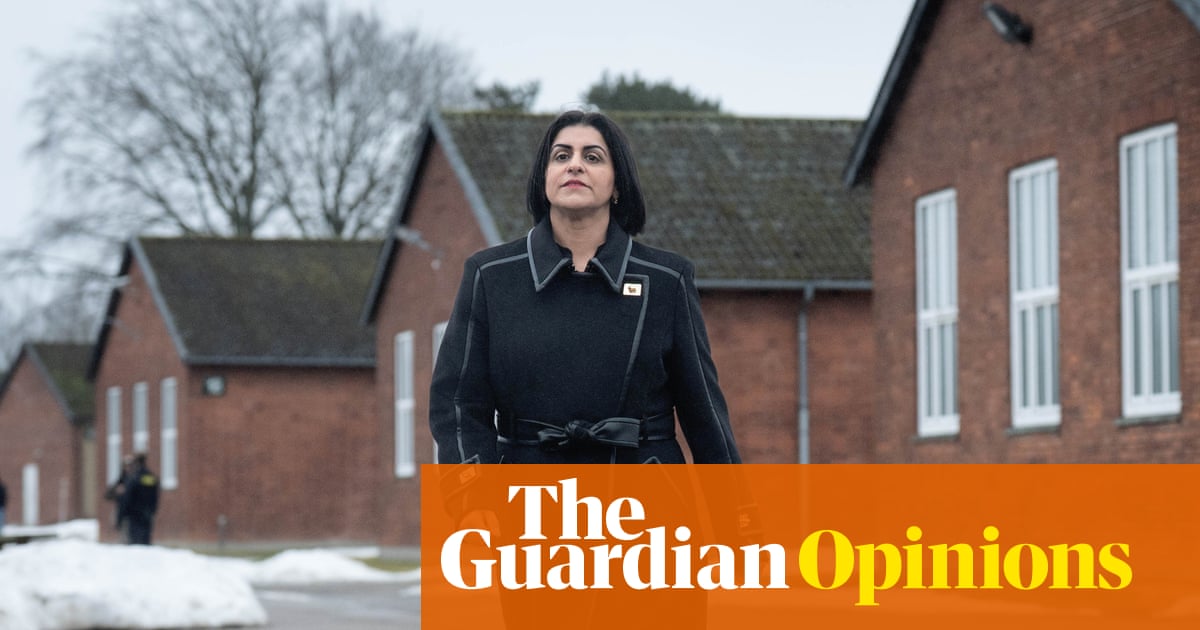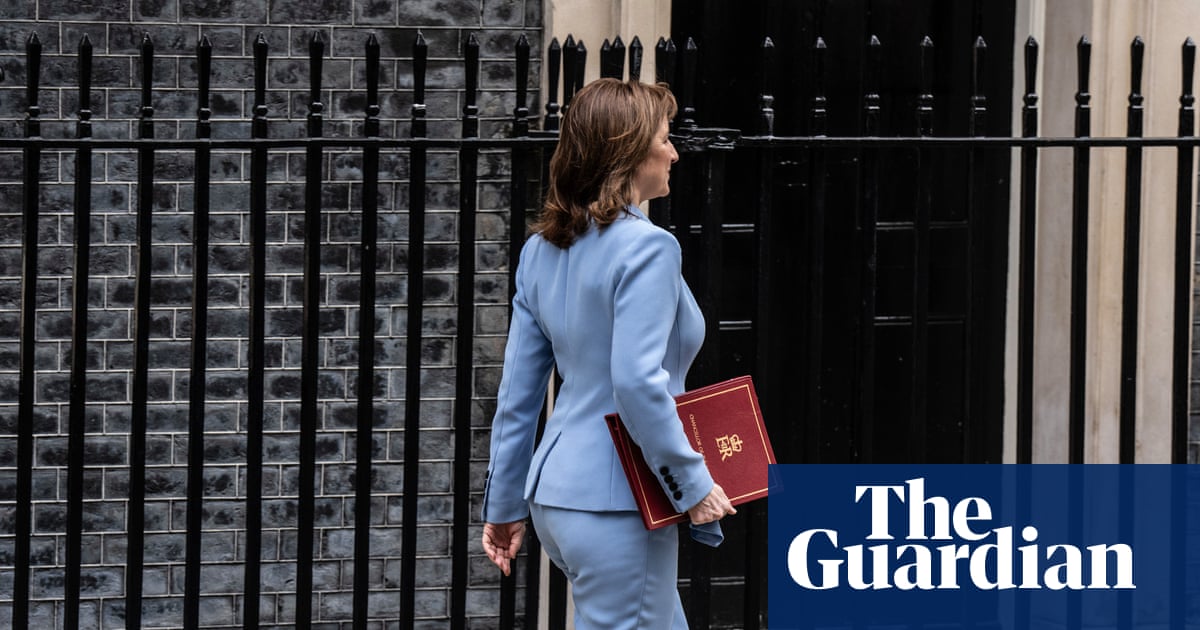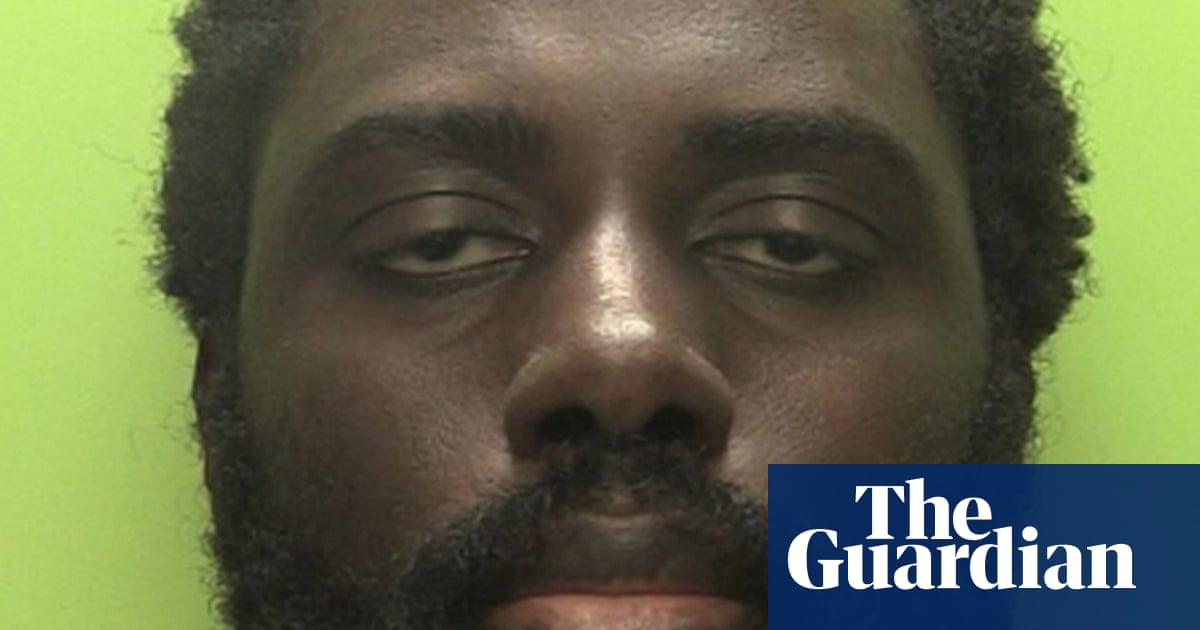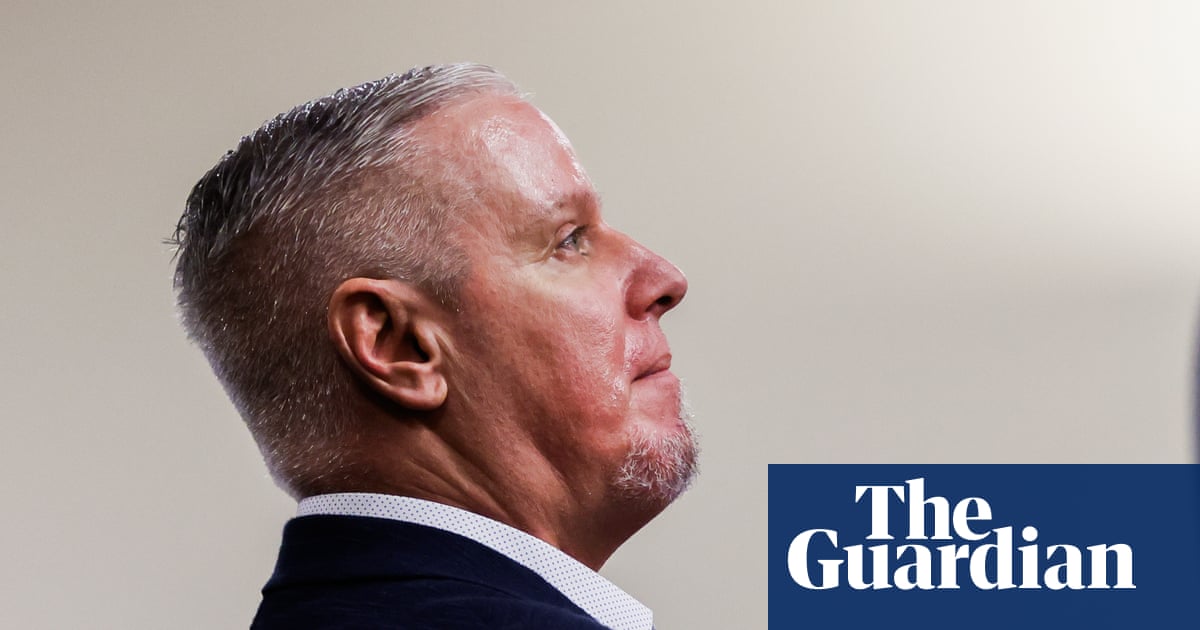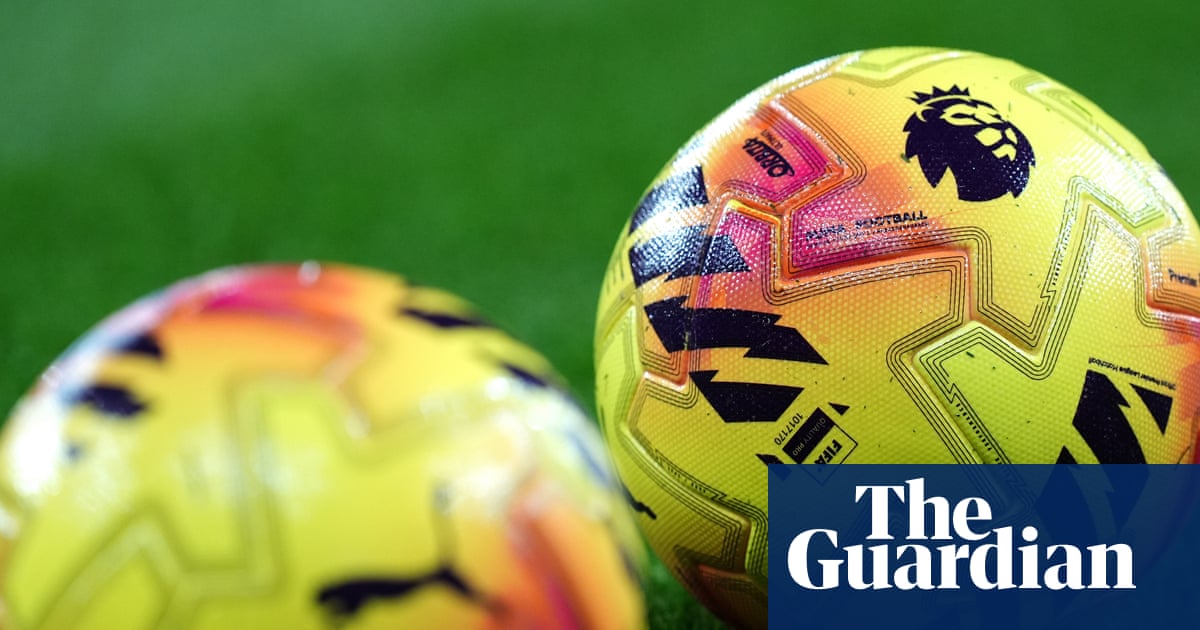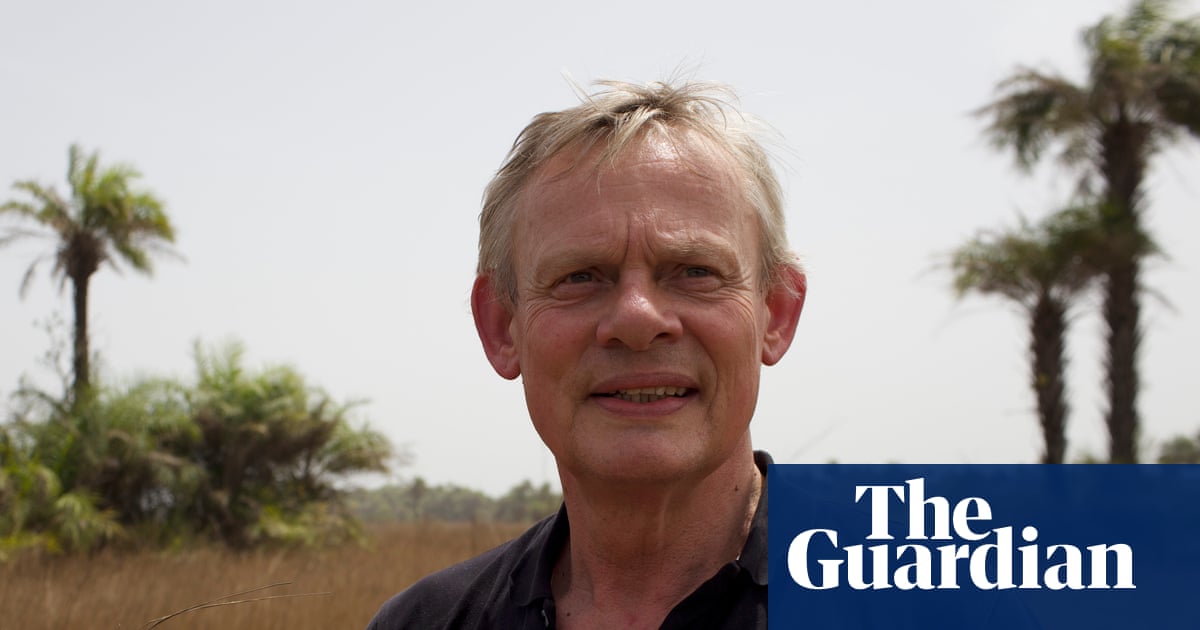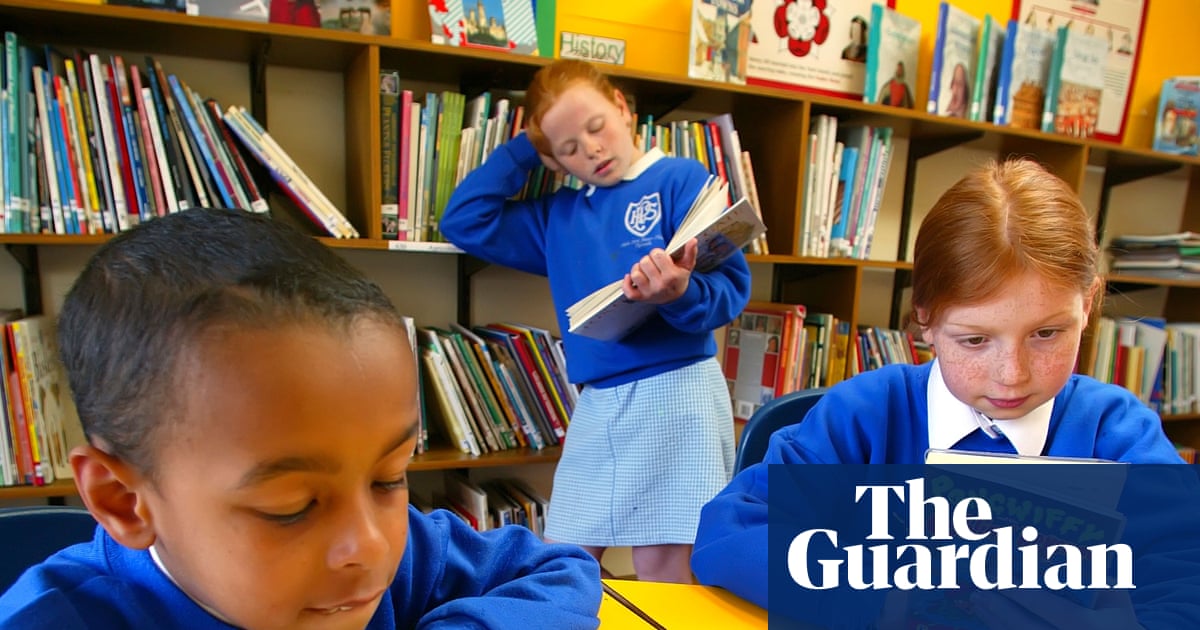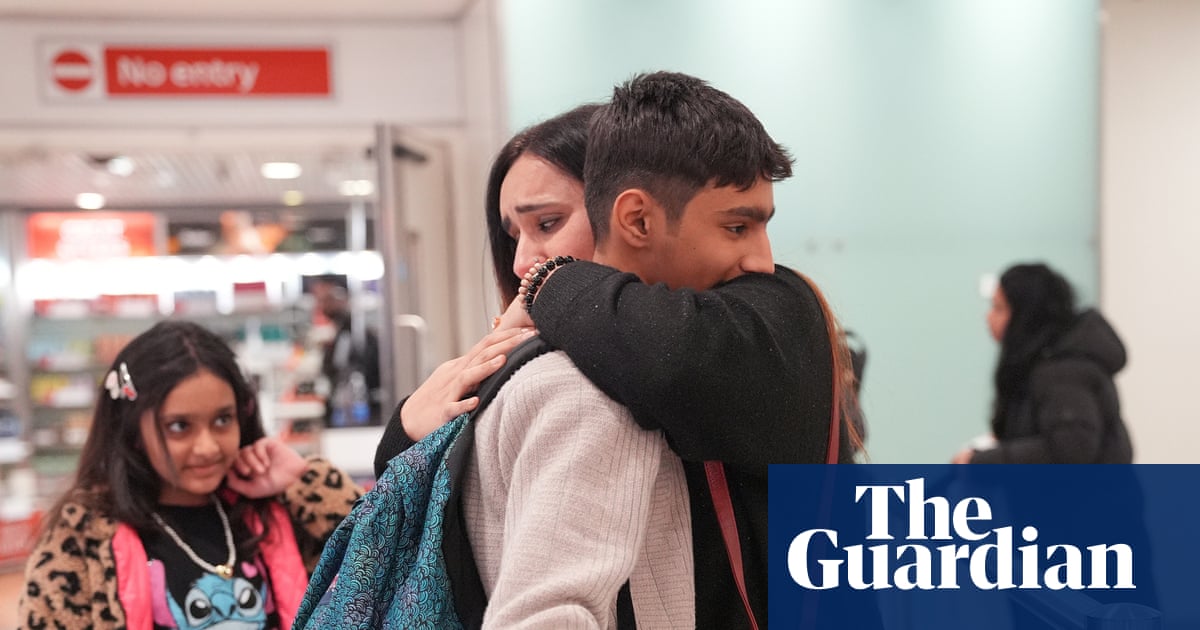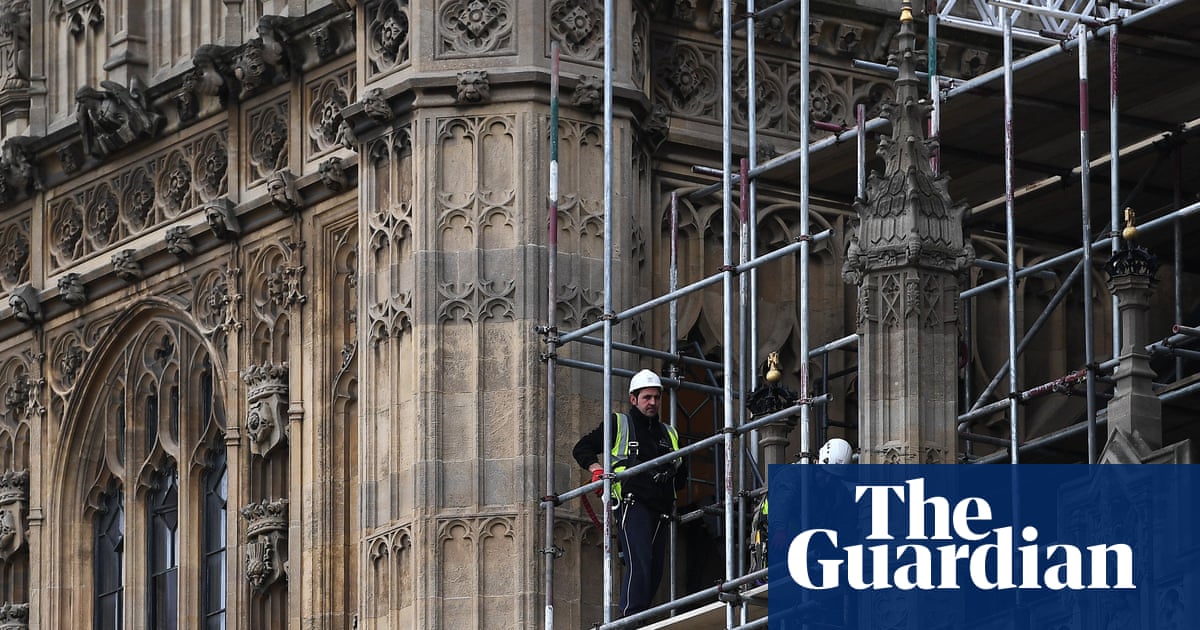Pregnancy after loss is full of contradictions. It is hope that feels cautious, like it might dissolve if you breathe too hard. It is learning to live again inside a body that remembers grief.
I am now officially in my third trimester, and each day brings small signs of life: a flutter, a roll, a hiccup, the steady rhythm of his heart. I am growing a baby I will meet, hold and raise. But I have also carried a baby I never got to meet. For 13 weeks, my body held her. It nurtured her, protected her, grew her placenta, still believing she was safe. And in a way, she was. My husband told me then: “She only ever knew love and warmth”, and that has never left me.
That first pregnancy made me a mother. It changed how I moved through the world, my sense of self, and how I understood love; the kind that expands quietly and invisibly into areas of your heart that you didn’t know were there before. When we learned her heart had stopped, it was as though mine did too, at least for a while. My body continued to hold her, to love her, even in death. It’s called a “missed miscarriage”: the body holds on to and continues to nurture a baby whose heart has stopped beating. There was both cruelty and comfort in that: that my body did not fail her, but could not save her either.
The day I brought her into the world was unlike anything I’d known. As part of the medical management of a “missed miscarriage”, I chose to take medication to help my body bring my baby into the world. I was at home with just my husband, guided only by waves of intense pain that rose and fell until they broke. It felt like labour, though no one called it that, and it feels unfair to do so. The world would mark this as a miscarriage; a clinical word for something that felt both sacred and unbearable. I brought her into the world through pain and love. She came quietly, and the world moved on. But I didn’t.
Today, a year later, I will walk through the same hospital corridors, this time carrying a baby whose heart beats strong. I will bring him into the world surrounded by support, recognition and celebration. It will be called my “first birth”, though that doesn’t feel entirely true. I have already laboured once before, just without witnesses, and in a way that has no name and isn’t spoken about in society. This pregnancy feels both familiar and foreign; my body knows the path, but it also remembers where it led last time.
There is a strange dissonance to carrying new life when you have known loss. Every appointment feels like both a promise and a test. Every heartbeat heard through the Doppler feels like a small miracle and a reminder of how fragile miracles can be. Love is no longer simple; it is layered with memory, stitched with what-ifs and almosts.
People say things like “it was meant to be” but I can’t hold that thought comfortably. She was meant to be. And so is he. One doesn’t erase or justify the other. Both have meaning. Both are mine. I’ve learned that grief and love can coexist, not as opposites but as two currents running in the same river.
Sometimes I think about how love changes shape. My love for her hasn’t faded; it’s deepened into something quieter, a pulse beneath everything. As my love for him grows, I find myself wanting to protect the space that belongs to her. They are not the same, and yet they are forever connected; two stories written across the same body.
Pregnancy after loss means living in parallel timelines; one where life was interrupted, and another where it continues. It means joy tinged with fear, gratitude tangled with guilt, and hope that feels hard-won. It means understanding that love is not measured by outcome.
Both of my babies have changed me. One taught me how to love without certainty. The other teaches me how to hope again. I carry them both – one in memory, one in movement – and they both belong entirely to me.

 3 months ago
83
3 months ago
83


